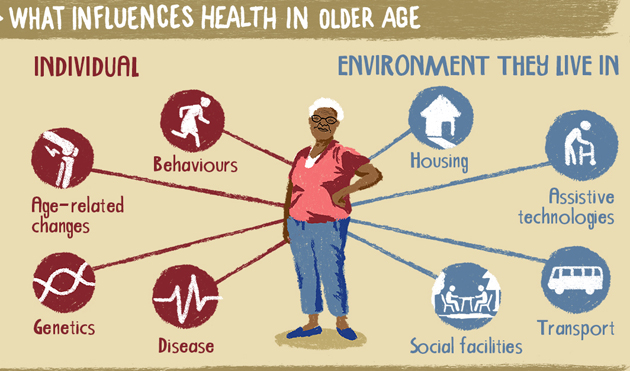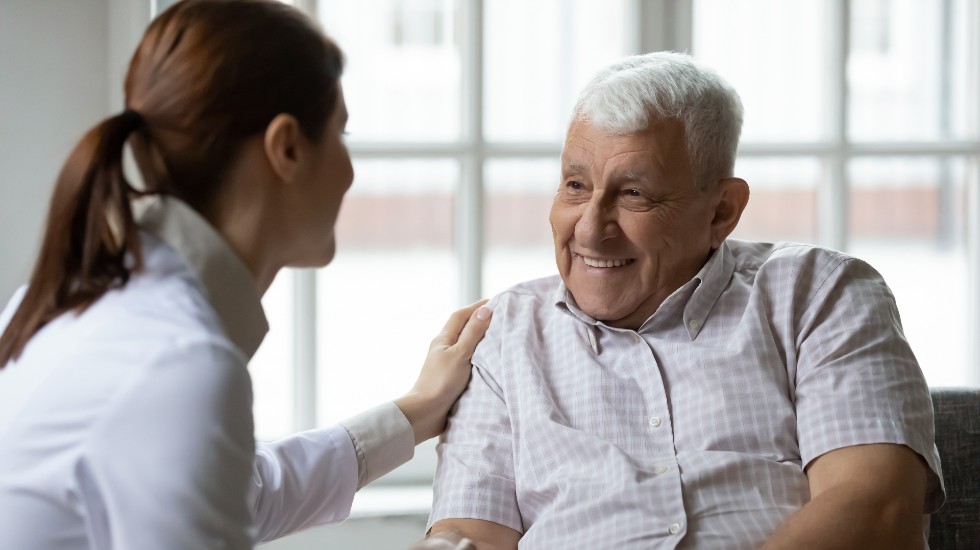
When Alzheimer's disease reaches its final stages, a person's abilities become completely debilitating. They may lose the ability or capacity to walk or speak, move their bladder or control their bowels. Malnutrition and skin damage can occur. Because of these limitations they need extensive care. For their families, this can be an incredibly stressful time. Below are some tips to ease the burden associated with caring for someone you love.
Monitoring eating during advanced stages of Alzheimer's
Monitoring food intake is an important part of caregiving for people with late-stage Alzheimer’s. This disease can make it more difficult for people to eat, and they may forget to drink fluids. These people may have difficulties swallowing hot liquids and water. Consider preparing meals in a familiar place and following a consistent routine to keep your loved ones satisfied. Make sure there are no distractions when you're preparing meals or serving food.

Depression
As your loved one's condition progresses, you may notice signs of depression. Dementia patients may have difficulty coping socially and feel isolated. You may also experience difficulty remembering names or current places. It might be hard to dress properly and manage your money. As a caregiver, you must be able understand and support your loved ones' symptoms. Talking to your loved ones can help ease their burden, and even prevent the development depressive episodes.
Fatigue
It is important for caregivers to keep an eye on the fatigue of loved ones. Alzheimer's patients will likely need assistance with daily tasks such as feeding, caring for their pets, and answering mail. It can lead to caregivers feeling tired and depleted in the final stages. With the right care and support, your loved one can still be positive, despite fatigue.
Signs
Even though the last stages of Alzheimer's disease can be marked by increased wandering, personality changes and behavioral problems, many people are still able to participate in daily activities. They may just need assistance with simple tasks or to simplify their daily schedule. Oftentimes, these individuals may benefit from respite care, adult daycare, or other services to help them manage the physical and emotional demands of daily living.

Treatment
Caregiver's can find it physically and mentally challenging to care for their loved one in the final stages of Alzheimer's. Your loved one can live a full life with the right care. During this time, your family and friends are there to support you. An Alzheimer's specialist can help organize family meetings that discuss the challenges of dealing with Alzheimer’s. Your loved one should be treated with dignity and respect. They deserve the best in their final days.